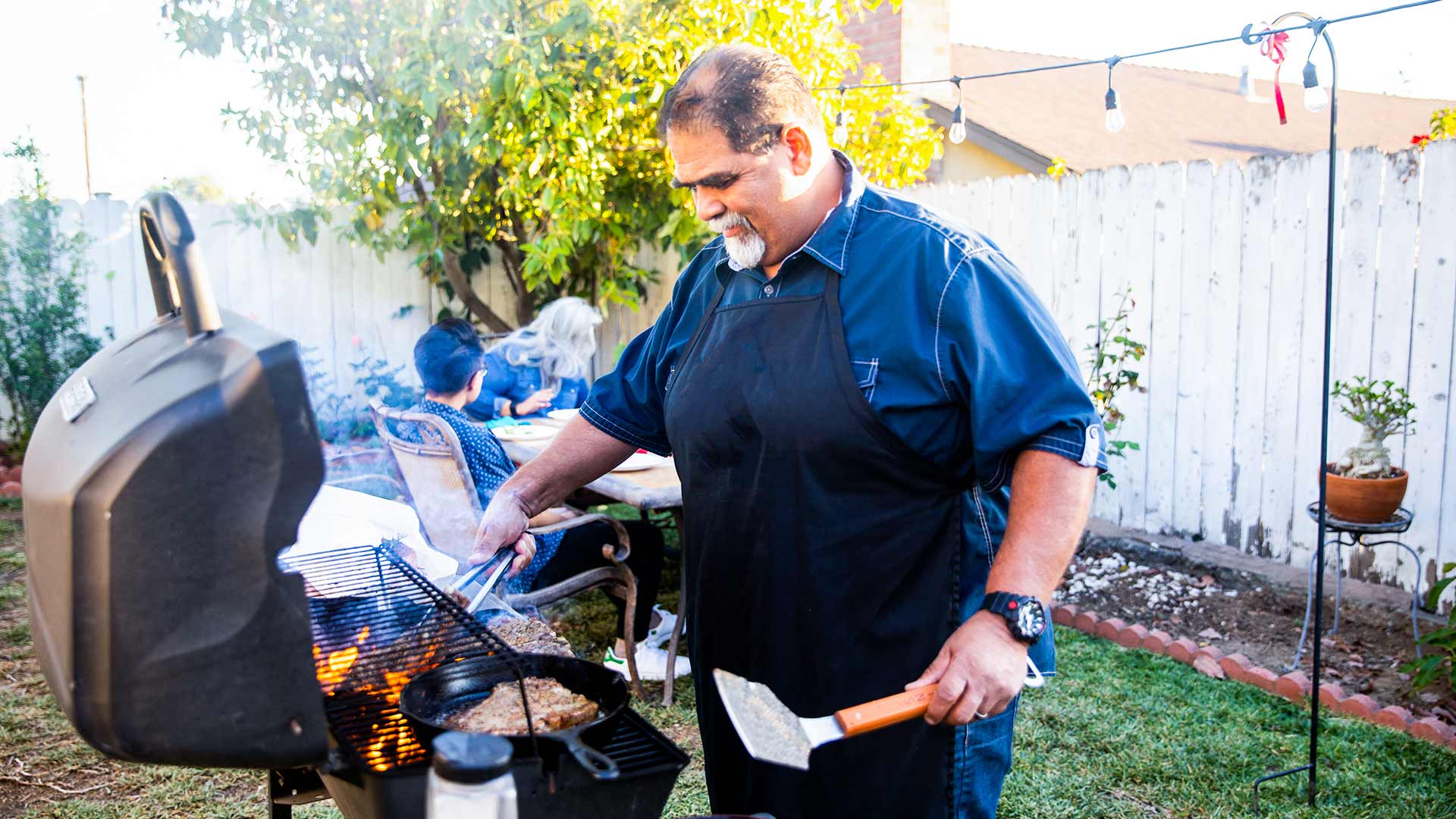Nearly 25 million American adults and children currently have asthma, a condition that causes inflammation and narrowing of the airways.
Many things can trigger asthma, including allergies. But did you also know heat can bring on asthma symptoms, which include shortness of breath, wheezing, chest pain, coughing and fatigue.
One study published last year in the journal Environmental Health, which reviewed 12 years of health data and more than 115,000 cases in Maryland, found that extreme heat and heavy rainfall increased the risk of hospitalization due to asthma. The risk increased 23 percent during these weather events and was highest among people between the age of 5 and 17 years old.
Heat, in particular, can trigger asthma symptoms because high temperatures and humidity cause air to not move, trapping pollutants that can irritate the airways.
The figures cited in the study aren’t that surprising. According to the Centers for Disease Control and Prevention (CDC), 1.6 million people visit the emergency room every year because of asthma.
Asthma symptoms can occur any time during the year, especially in the spring with higher pollen counts. However, several studies have shown changes in weather may play a significant role in asthma flare-ups. One study found that a 10 percent increase in either temperature or humidity led to an increase in asthma-related hospitalizations in children.
The summer weather may trigger asthma symptoms because there’s often poorer air quality during this time of year, particularly in highly-populated cities with plenty of traffic. High winds caused by thunderstorms also can lead to asthma flare-ups because they circulate mold, spores and pollen in the air.
For those with asthma, staying in doors every day when the weather is really beautiful is likely not the best option. However, there are still ways you can reduce your risk of a flare-up. When you’re indoors, keep your windows and doors closed to keep pollutants from getting into your home and diminishing the air quality inside it. Also try to avoid vigorous exercise or physical activity when it is hottest outside, pay attention to air quality readings (which you can find online on weather sites or by watching your local news), drink lots of water to stay hydrated and always keep asthma medication, like an inhaler, with you in case you feel an onset of symptoms when you’re outdoors.
Follow all these steps to stay safe and reduce your risk of an asthma flare-up. Taking these precautions could prevent you from ending up in the hospital.
We Build Relationships
We believe that maintaining a healthy lifestyle is the key to living a longer, healthier life. Orlando Health Physicians strive to build a relationship with each patient. Request an appointment with one of our primary care physicians with offices located throughout Central Florida.
Schedule an Appointment










